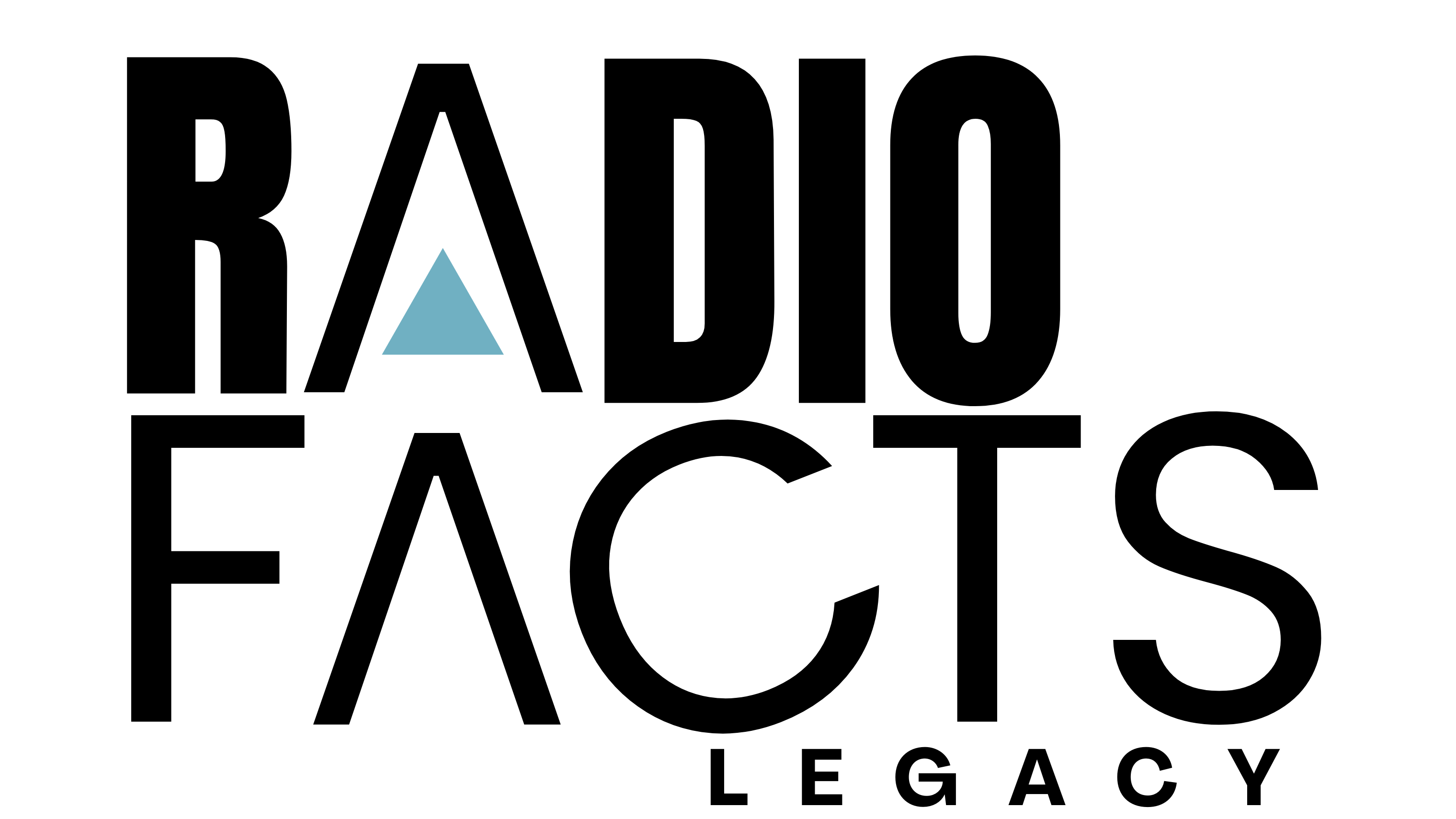
In a postscript to the O.J. Simpson armed robbery-kidnapping trial, two mediaorganizations are asking the Nevada Supreme Court to rule that the trial judge improperly withheld jury questionnaires from the public until the trial was over and then censored portions upon release. Attorneys for The Associated Press and the Las Vegas Review-Journal argued in documents filed Monday with Nevada’s only appellate court that Clark County District Judge Jackie Glass gave no valid legal reason for delaying release of the questionnaires and then redacting them. Colby Williams, a lawyer for the AP and Stephens Media LLC, owner of the Review-Journal, said the judge was incorrect to
argue the matter that became moot once the trial was over, as reported by BlackVoices.com.
Without guidance from the state high court, Williams said, Nevada media “will likely be subjected to orders denying access to other court proceedings in the future.” Simpson and co-defendant Clarence “C.J.” Stewart were convicted Oct. 3 of 12 charges, including armed robbery and kidnapping, in a hotel room confrontation last year with two sports memorabilia dealers. Each faces up to life in prison at sentencing Dec. 5. Williams said a sample blank jury questionnaire should have been made public after jurors filled the forms out, and completed questionnaires should have become public, at the latest, when the jury was impaneled. “The reality is that each question on the questionnaire could have been asked in open court, and the public and press would have been entitled to listen,” he said.
While judges normally are permitted to withhold jurors’ personal information such as Social Security and driver’s license numbers, Williams said Glass censored information such as where jurors were born and raised, their parents’ occupations, whether they had children, and whether they owned a home. The judge gave no reasons for the redactions, Williams said. Glass told the state Supreme Court that she withheld the questionnaires because three offshore gambling Web sites had been taking bets on the trial’s outcome and she feared someone would want to tamper with the j













